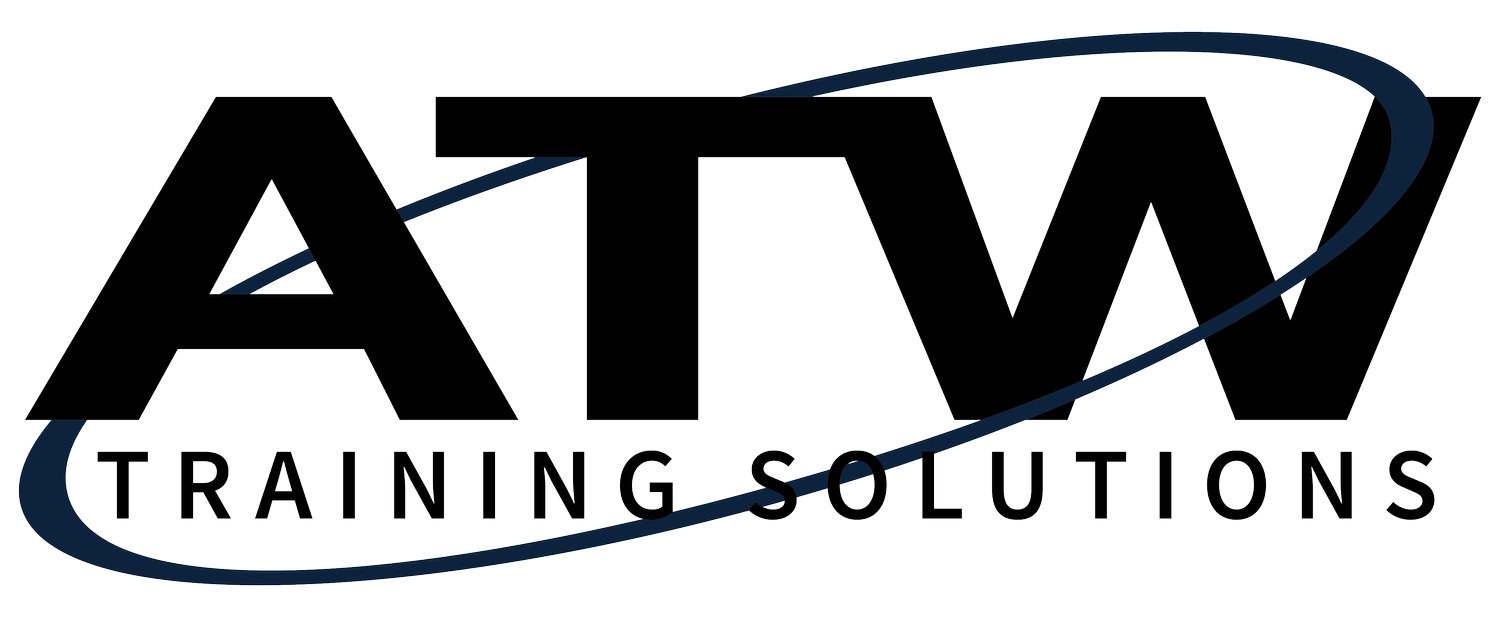The Value of Emotional Intelligence
We probably all know people, either in the workplace or in our personal lives, who are exceptional listeners. No matter what kind of situation we are facing, these people hear us and always say the right thing, in just the right way. These same people are also masters of managing their emotions. Instead of letting stress get the best of them, these people can look at a problem and calmly find solutions. They take criticism well and know how to use tough feedback to improve their performance.
These people demonstrate excellent “people skills” or emotional intelligence.
What Is Emotional Intelligence?
Emotional intelligence (or EQ) is the ability to identify and manage your own emotions and the emotions of others.
EQ is commonly defined by four skills:
Self-awareness – You recognize your own emotions and how they affect your thoughts and behavior. You know your strengths and weaknesses and display self-confidence.
Self-management – You control impulsive feelings and behaviors, manage your emotions in healthy ways, take initiative, follow through on commitments, and adapt to changing circumstances.
Social awareness – You understand the emotions, needs, and concerns of other people, pick up on emotional cues, feel comfortable socially, and recognize the power dynamics in a group or organization.
Relationship management – You know how to develop and maintain good relationships, communicate clearly, inspire and influence others, work well on a team, and manage conflict.
Those who demonstrate a high EQ show more empathy, authenticity, and confidence than those with a low EQ and have stronger relationships and increased workplace satisfaction. In fact, emotional intelligence pioneer Daniel Goleman noted that EQ is responsible for 58% of job performance and that 90% of top performers possess a high EQ.
Emotional intelligence affects nearly facet of our lives, from our relationships, to our mental well-being, to our personal success. According to Travis Bradberry and Jean Greaves, authors of Emotional Intelligence 2.0, “Emotional intelligence is the single biggest predictor of performance in the workplace and the strongest driver of leadership and personal excellence.”
Emotional Intelligence Is Learned
The good news is that unlike IQ, emotional intelligence can be learned. To improve your emotional intelligence:
Get to know yourself. When you experience a strong emotional reaction to something, consider why. Write down these triggers and think of ways to manage them in the future.
Practice empathy. Take an active interest in other people’s concerns by asking questions and listening well. Assume the best of others—give people the benefit of the doubt.
Take responsibility for your feelings and behavior. Apologize when you are wrong. Demonstrate an openness to others’ feedback and handle criticism without denial, blame, or excuses.
It’s never too late to change—developing a high level of emotional intelligence is a lifelong pursuit. Start your pursuit today by asking, “Am I emotionally intelligent?”
Susie Heathman is a team member at ATW Training Solutions. To learn more about Susie and ATW Training Solutions visit: www.atwtraining.com.
